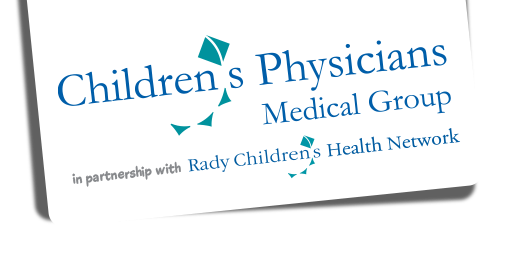by Dr. Gina Rosenfeld
Most teens want to learn how to properly take care of their skin in an effort to reduce acne. While it is true that maintaining good skin health is important to keep skin looking good for as long as possible, healthy skin can also have other health benefits.
Acne Explained:
Clear skin is one benefit of healthy skin. While the scientific community seems torn on whether or not diet plays a factor in the development of acne, every doctor knows that a number of factors contribute to acne. The skin is more than a barrier to keep harmful organisms out of the body; it is also a complex waste removal system. In fact, a pimple is just one example of how the body removes substances that it cannot process. The increase of acne during the teenage years is a result of different hormones working overtime to keep the body growing through adolescence. When the body works overtime, it produces more waste that must be removed.
Treatments:
Constantly picking, peeling, pinching or squeezing acne can lead to permanent scarring of the skin. Instead, proper hygiene and use of skin-care products can help manage acne. There are topical over-the-counter medications, such as benzoyl peroxide, which are quite effective in treating mild to moderate acne, as well as prescription medications that your physician can recommend and prescribe for more severe acne.
Sun Exposure:
Another type of skin issue that can cause major health problems is skin cancer. Skin cancer is developed over time after regular and prolonged exposure to the sun’s ultra violet (UV) rays. Take note that it is not just the exposure to the light of the sun that causes skin damage; it is the exposure to the UV rays that can break down the skin’s ability to protect the body. Excessive exposure to artificial sources of UV rays, like those produced by tanning beds, can cause the same damage to the skin over time as the sun. The result of excessive UV exposure is often skin cancer, which can affect any part of the body. In most cases, a person who develops skin cancer will require surgery to remove the cancerous skin from the body.
Teens, especially those who are active outdoors, can help reduce their chances of developing skin cancer by taking advantage of sun block, wearing hats and clothing that cover as much skin as possible as well as finding areas that offer plenty of shade. These steps can also help slow signs of aging.
Other Resources:
